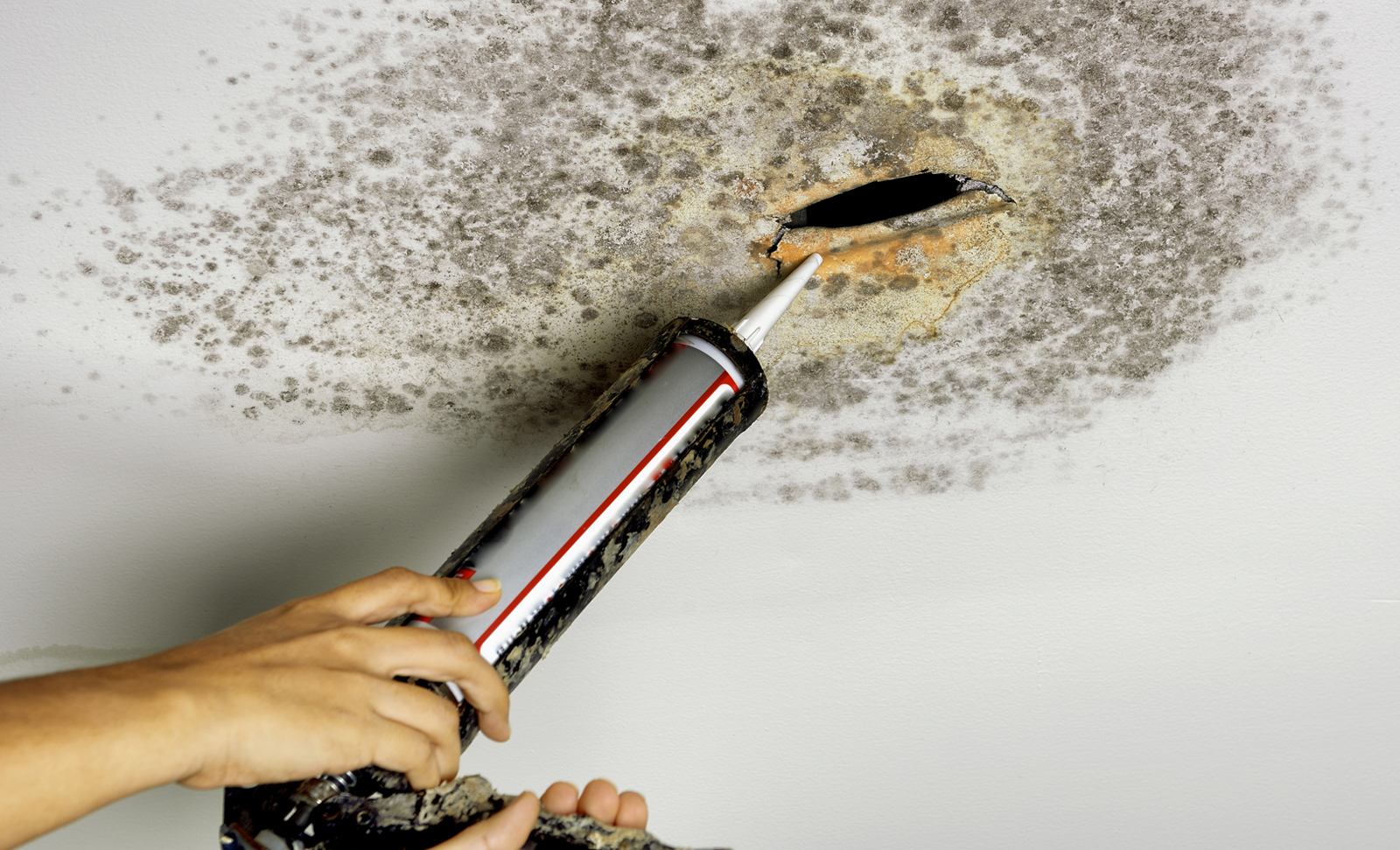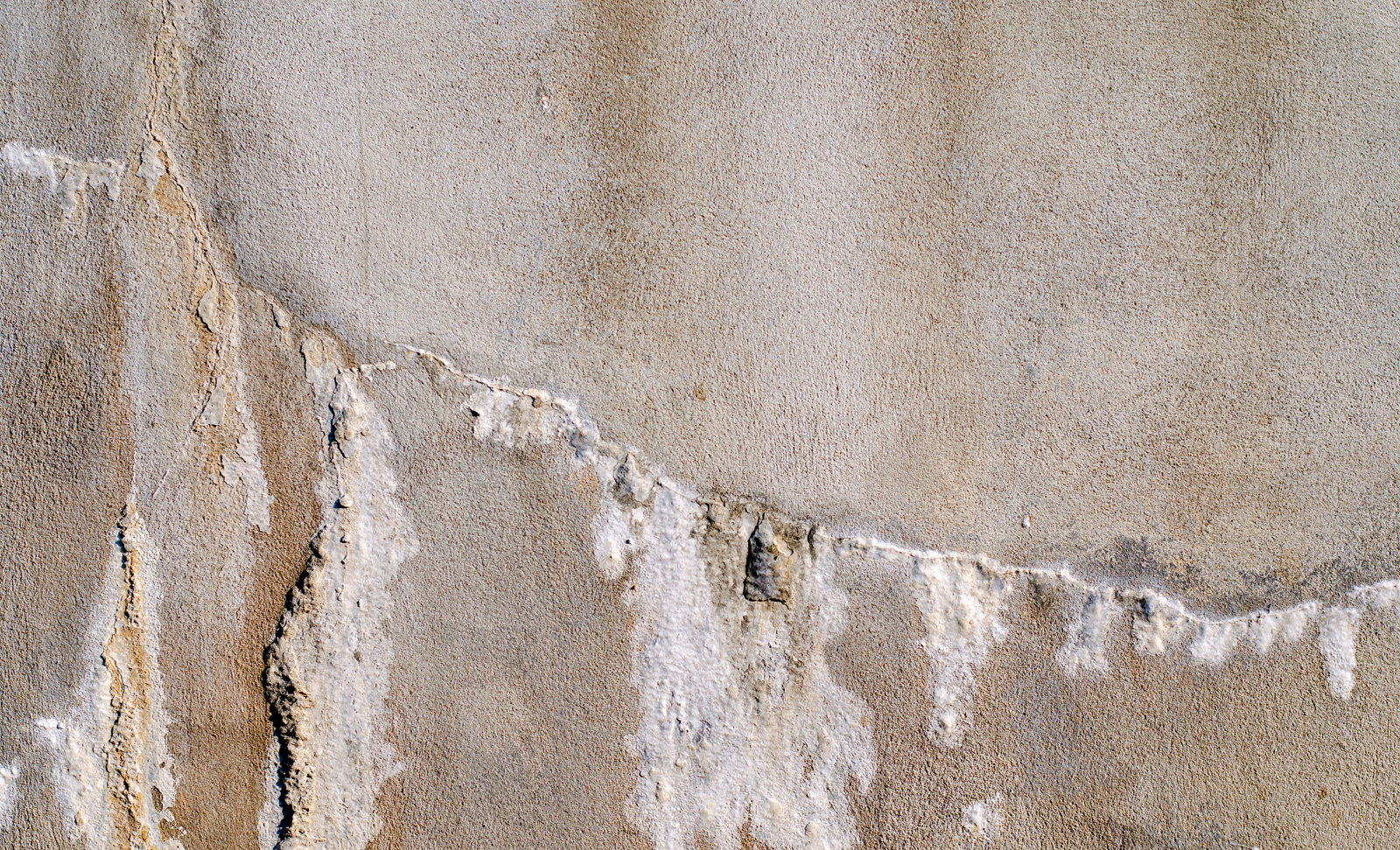
Renovation
Warning signs that your home needs general repairs and waterproofing
Being a homeowner requires vigilance, which means noticing damage symptoms before the issue worsens. Read on to know when your home needs waterproofing and general repairs to protect it from costly damages and ensure its longevity.
Owning a home is a matter of great pride and responsibility. As a homeowner, you’d want to ensure everything in your house is in order, from the foundation to the roof. For this, recognising the warning signs for necessary repairs and home waterproofing is necessary. It helps you to protect your investment and the well-being of your family.
This article will guide you on the essential warning signs indicating that your home may require general repairs or waterproofing. Proactively identifying these signs can save you time, money, and potential headaches, ensuring your home remains safe and comfortable.
Understanding the need for home repairs and waterproofing
When it comes to maintaining a home, general repairs and waterproofing solutions are crucial elements that should not be overlooked -
General repairs include routine maintenance tasks such as fixing leaky faucets, patching cracks in walls, and ensuring the smooth functionality of your home
Solutions for waterproofing your home, on the other hand, prevent water damage caused by seepage or leaks, which can deteriorate your walls, ceilings, and even the foundation over time
When signs of improper waterproofing or damage indicators go unnoticed, it can result in moisture build-up, mould growth, structural deterioration, and even health issues for the occupants. Identifying and addressing these issues early ensures your home remains sturdy, safe, and comfortable.
Signs that your home needs general repairs
It’s important to watch out for any signs indicating the need for general home repairs in your home. Addressing these promptly will prevent minor problems from escalating into major issues –
Damaged electrical outlets or flickering lights - If you notice loose outlets, sparking or not working, or lights flicker when turned on, there could be issues with your home’s electrical system. To avoid electrical hazards, have a licensed electrician inspect and repair any faulty wiring or outlets.
Unstable railings or loose handrails - Wobbly railings or handrails in staircases or balconies can become dangerous. Regularly check for looseness or rust and tighten or replace any unstable parts. This ensures safety and prevents potential accidents.
Cracks in flooring tiles - Cracked or broken tiles on your floor, particularly in kitchens and bathrooms, can pose a safety risk and affect the aesthetic appeal of your home. Damaged tiles should be replaced promptly to prevent further cracking or accidents.
Persistent plumbing issues - Frequent plumbing problems like clogged drains, low water pressure, or leaking faucets suggest underlying issues in your plumbing system. These require immediate repair of your home’s fixtures and fittings to prevent water damage or mould growth.
Damaged or misaligned cabinets and doors - Cabinets, cupboards, or doors that do not close properly may signal issues with the hinges, latches, or wood warping over time. Simple repairs or replacements can resolve these problems, ensuring smooth functionality.
Signs that your home needs waterproofing
Water damage can be silent but deadly to the structural integrity of your home. Here are some signs that suggest the need for home waterproofing –
Damp or musty smells - A persistent damp or musty smell in certain areas of the house suggests the presence of moisture. These areas need immediate attention, as well as both external and internal waterproofing, to prevent moisture from building up again.
Visible mould or mildew - The growth of mould or mildew on walls, ceilings, or floors is a clear sign of seepage issues. Addressing this with waterproofing solutions and ventilation improvements is crucial to protect the house.
Water stains or discolouration on walls and ceilings - Discolouration or water stains are typically caused by water seepage. To prevent further damage, consider repairs, fixing of wall cracks, and waterproofing your internal walls with solutions that tackle wall leakage.
Efflorescence - The white, chalky deposits on masonry walls or floors indicate excess moisture seeping through from outside. This indicates that external wall waterproofing is necessary to prevent more damage.
Cracked or flaking plaster - Plaster cracking or flaking on interior walls often signals moisture problems behind the walls. Addressing this requires waterproofing your walls thoroughly after determining the source of the moisture.
Wall leaks during rains - If your walls show visible signs of leaking during or after rain, this indicates a critical need for external wall waterproofing. Solutions might include applying a waterproofing wall coating, fixing gutters, or installing drainage systems to direct water away from your home’s foundation.
Be alert to maintain a healthy home!
Keeping an eye out for these signs ensures your home remains in excellent condition and avoids costly repairs in the future. By addressing general home repair needs and employing effective home waterproofing techniques, you can safeguard your home and your family’s comfort.
For homeowners looking to protect their homes from water damage, experts recommend using high-quality waterproofing solutions and products like those offered by Dr. Fixit. Fill out the form below to contact our experts and get professional advice tailored to your needs.
FAQs
FAQ#1 – What are the common signs that my home needs waterproofing?
Common signs include damp or musty odours, visible mould, mildew or efflorescence, water stains on walls or ceilings, and bubbling paint. `These indicate moisture intrusion that requires immediate waterproofing solutions.
FAQ#2 – How can I tell if my home has water leaks?
Signs of water leaks include dripping sounds behind walls, wet spots on walls or ceilings, and mould or mildew. Regular inspection of plumbing and walls can help identify leaks early.
FAQ#3 – Can waterproofing save me money in the long run?
Home waterproofing prevents costly damage by stopping water infiltration, which can deteriorate walls, ceilings, and foundations. It also reduces the risk of mould growth, saving on future repairs and health-related expenses.
FAQ#4 – What factors should I consider when choosing a waterproofing solution for my home?
Consider the type of water problem (internal or external), the material of your walls, the climate, and the budget. Choose products specifically designed for your needs, such as external wall waterproofing solutions or internal sealants, and consult a trusted professional like Dr. Fixit for the best advice.
Get Professional Waterproofing Solutions Today
Fill The Form below to took free site evaluation by Dr. fixit point safe painting service expert


